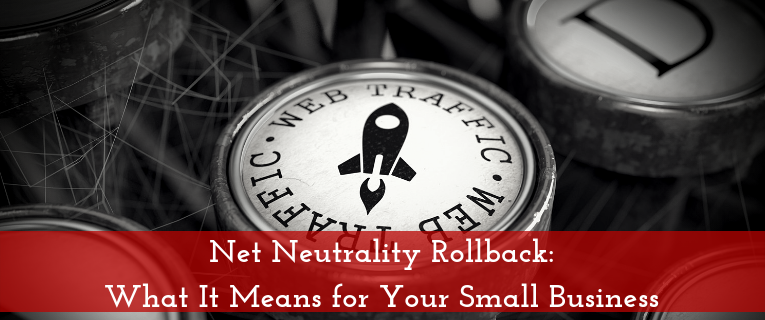Over the past decade, we’ve all heard the term “net neutrality” bounce around our news broadcasts, current events magazines at the grocery store checkout, and in pop-up ads to sign petitions on the internet. Most people, though, aren’t really sure how this affects them. Truthfully, it’s hard to get someone to tell you which side of the issue is which. That, in reality, puts you right where they want you.
By definition, net neutrality is the idea, principle, or requirement that Internet service providers should or must treat all Internet data as the same regardless of its kind, source, or destination. That’s pretty simple and more vague than we want, so let’s try it more specifically. Net neutrality is the idea that the company you pay for internet doesn’t give preference to certain kinds of content based on who’s paying them the most. Most “tonight at 10” news previews would say that your never-ending binge of The Office will load a lot slower unless Netflix pays to make it easy for you.
That’s a pretty good way of looking at it, for the most part. What we don’t consider is that smaller businesses move further online every day and this continually raises the stakes for leaving net neutrality behind. This could not be more true than for the growing giant of small businesses that use the internet to extend their reach to all corners of the globe.
If net neutrality were to be taken away (as it would be under current legislation), companies in the internet economy could be faced with navigating a minefield of issues. The most severe consequence would be a company’s site or app getting blocked entirely by an ISP, but this is unlikely. It would look more like an up and down leaderboard of how fast the ISP allows a page to load.
How many times have you said out loud, in reference to anything on the web, “oh, it was taking too long to load”? According to Section.io, when a page takes two seconds to load, bounce rates average a lean 9.6%. Double the load time to four seconds and the bounce rate nearly proportionally doubles to be 17.1%. We might as well call that 20%, and having one-fifth of visitors leave out of sheer impatience will make your Quickbooks totals quiver. This negatively affects SEO and all of a sudden, a company may find its wonderfully crafted goods and services pushed to page 5 of the search results. In the big game hunt, Amazon says that slowing its load time by a single second would lose them $1.6 billion in sales per year, with that amount likely rising exponentially with each additional second.
While these changes would most fundamentally affect standalone businesses, there are implications for those whose business is done via larger platforms, such as Etsy or Kickstarter. Individual creators would have to face whether or not the parent platform they sell through is paying to get into one of the “internet fast lanes”. We’d like to assume companies with that much skin in the game would want to participate. That would likely trickle down into higher percentages of revenue being paid to the platform. Worse, individual entrepreneurs could have to volley for more attention within the platform itself, which would be enacting their own sort of fast lanes.
We know that many companies take their business out of the storefront window and into the browser window because they rely on the equal footing opportunities that the internet provides. Losing net neutrality to a high dollar gatekeeping society could likely end in many profitable and promising businesses having to shutter their digital doors.





